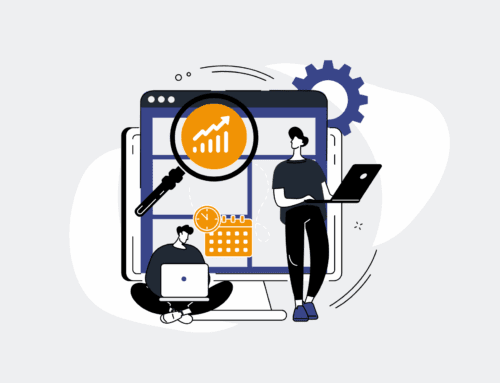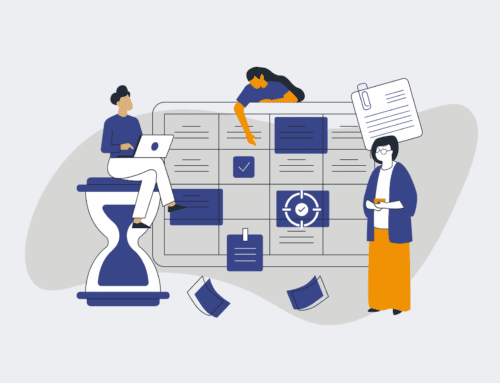Choosing the Right AI Resume Parser: A Buyer’s Guide for HR Leaders
In the relentless pursuit of top talent, HR departments are often swamped under an avalanche of resumes. The traditional methods of sifting through applications—manual review, keyword searches, and even basic OCR—are not only time-consuming and prone to human error but also introduce unconscious bias that can undermine diversity initiatives. In an increasingly competitive landscape, relying on outdated processes means missing out on qualified candidates and struggling to scale recruitment efforts effectively. This is where the strategic adoption of Artificial Intelligence (AI) resume parsing becomes not just an advantage, but a necessity for forward-thinking HR leaders.
AI resume parsers represent a significant leap beyond simple keyword matching. These sophisticated tools leverage natural language processing (NLP) and machine learning to understand context, identify nuanced skills, and extract relevant data points from diverse resume formats with remarkable accuracy. But with a growing market, choosing the right AI resume parser is a critical strategic decision that demands careful consideration. It’s not about finding the flashiest tool, but the one that aligns most effectively with your organization’s unique needs, culture, and long-term talent strategy.
Understanding the Core Capabilities of Modern AI Parsers
At its heart, an AI resume parser’s job is to transform unstructured resume data into structured, usable information. This includes identifying contact details, work experience, education, skills, certifications, and even soft skills from the language used. The best systems go beyond mere extraction; they interpret, normalize, and enrich the data. For instance, a good parser can understand that “project manager” and “PM” refer to the same role, or that “B.A. in Business” indicates a specific educational background. This foundational capability significantly reduces the manual data entry burden on recruiters and improves the consistency of candidate profiles within your Applicant Tracking System (ATS).
Beyond Basic Data Extraction: Semantic Understanding and Context
The true power of advanced AI lies in its semantic understanding. Rather than just recognizing keywords, these parsers grasp the meaning behind the words. They can differentiate between a skill listed as a core competency versus one mentioned in passing in a project description. This allows for a much more accurate and comprehensive candidate profile, enabling recruiters to search and filter with greater precision. For HR leaders, this translates to faster identification of best-fit candidates and a reduction in the time-to-hire metric.
Key Considerations When Evaluating AI Resume Parsers
When embarking on the journey to select an AI resume parser, HR leaders should move beyond surface-level features and delve into deeper, more strategic considerations. The decision will impact not just your recruitment efficiency but also your data integrity, compliance, and overall talent acquisition success.
Integration Capabilities with Existing HR Tech Stack
No HR technology exists in a vacuum. A new AI resume parser must seamlessly integrate with your existing ATS, CRM, and other HR systems. Poor integration leads to data silos, manual workarounds, and diminished ROI. Look for solutions with robust APIs and pre-built connectors that can automate the flow of parsed data directly into candidate profiles, ensuring a single source of truth for all applicant information. This is often where strategic automation partners, like 4Spot Consulting, can make a significant difference, building custom connectors and workflows to optimize your entire HR tech ecosystem.
Accuracy, Bias Mitigation, and Customization
Accuracy is paramount. Inaccurate parsing can lead to missed candidates or wasted recruiter time. Evaluate parsers based on their ability to handle diverse resume formats, languages, and cultural nuances. Equally important is the parser’s approach to bias mitigation. While AI offers immense potential to reduce human bias, it can also inadvertently amplify biases present in its training data. Inquire about how vendors address this through diverse datasets, ethical AI principles, and audit trails. Furthermore, consider the level of customization offered. Can the parser be trained to recognize industry-specific jargon, preferred skill taxonomies, or unique roles within your organization?
Scalability, Security, and Compliance
As your organization grows, your resume parsing needs will evolve. The chosen solution must be scalable to handle fluctuations in application volume without compromising performance. Data security and privacy are non-negotiable, especially with sensitive candidate information. Ensure the vendor adheres to stringent data protection standards (e.g., GDPR, CCPA) and employs robust encryption and access controls. Compliance with fair hiring practices and data retention policies should also be a key discussion point.
Vendor Support, Training, and Roadmap
A sophisticated AI tool is only as good as the support behind it. Evaluate the vendor’s commitment to customer success, including onboarding, ongoing technical support, and user training. Understand their product roadmap – are they continuously innovating and improving their AI capabilities? A partnership approach with a vendor that aligns with your long-term vision for AI in HR will yield the best results.
The Strategic Advantage of a Well-Chosen AI Parser
Implementing the right AI resume parser goes far beyond mere convenience. It’s a strategic investment that enables HR leaders to redefine their talent acquisition process. By automating the mundane, error-prone tasks of resume screening, recruiters are freed to focus on high-value activities like candidate engagement, strategic sourcing, and building robust talent pipelines. This leads to a more efficient, equitable, and ultimately more successful hiring engine that can proactively identify and secure the talent needed to drive business growth. For organizations seeking to fully leverage AI across their operations, understanding the nuances of tools like AI resume parsers is just one facet of a broader digital transformation journey.
If you would like to read more, we recommend this article: The Future of AI in Business: A Comprehensive Guide to Strategic Implementation and Ethical Governance









